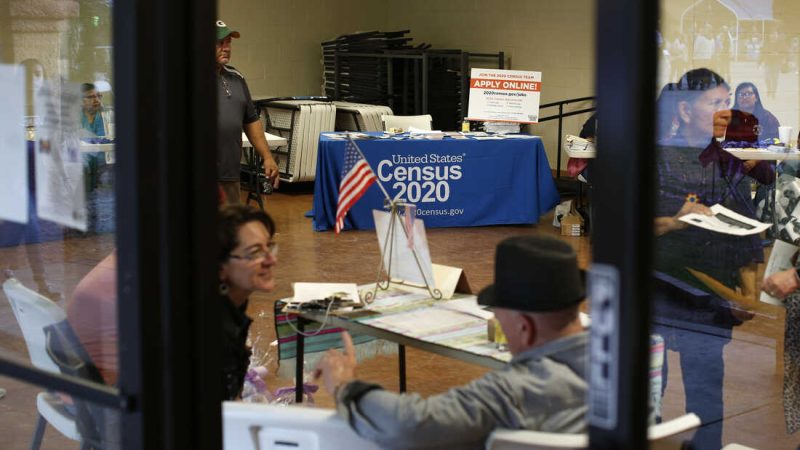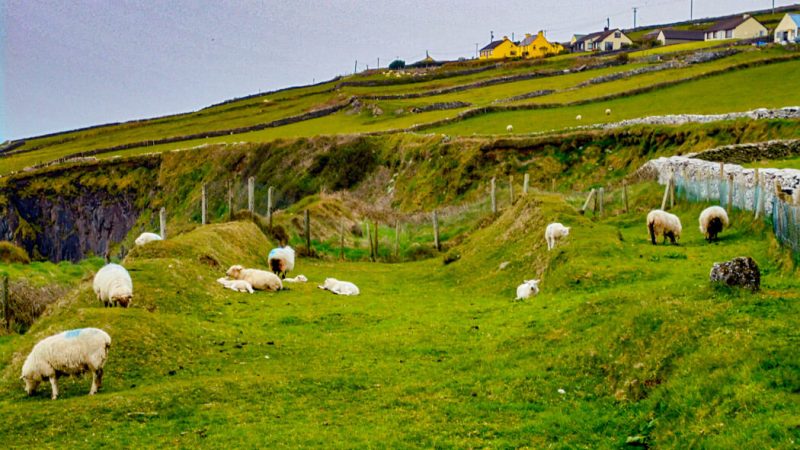: Celebrating Easter with Quacks and Feathers: The Joyful Presence of Ducks in Easter Traditions

Easter, a time of renewal and celebration, is often associated with symbols of spring, joy, and new life. While bunnies and chicks may steal the spotlight during this festive season, ducks, with their charming quacks and endearing waddles, bring a unique and delightful touch to Easter celebrations. In this article, we’ll explore the fascinating connection between ducks and Easter, shedding light on the rich traditions that make these feathered friends an integral part of the festivities.
Historical Significance:
Ducks have played a role in various cultures and traditions throughout history, symbolizing different aspects of life, fertility, and rebirth. In ancient civilizations, ducks were often associated with water, a symbol of life and purification. As Easter marks a spiritual and symbolic rebirth, ducks found their way into the heart of this celebration, embodying the essence of renewal and growth.
Easter Ducklings as Symbols of New Beginnings:
Ducklings, with their adorable fluffiness and playful antics, have become iconic symbols of new beginnings and the promise of life. Many Easter celebrations include the presence of ducklings as a reminder of the joy and innocence associated with the season. Families often engage in the tradition of gifting or adopting ducklings during Easter, fostering a sense of responsibility and connection with nature.
Easter Duck Decor:
Ducks take center stage in Easter decorations, adding a touch of whimsy and charm to homes and festive displays. From handcrafted duck-themed Easter eggs to intricately designed duck-shaped chocolates, these feathered creatures find themselves immortalized in various art forms during the holiday season. The sight of duck-themed decorations brings a sense of nostalgia and joy, creating a festive atmosphere that resonates with both young and old alike.
Duck Egg Delights:
While chicken eggs are a staple during Easter egg hunts and festivities, duck eggs have also gained popularity in culinary creations. Known for their larger size and rich flavor, duck eggs have become a gourmet choice for Easter treats. From decadent chocolate truffles to delicate pastries, chefs and home bakers alike experiment with duck eggs to elevate their Easter culinary delights, offering a unique twist to traditional recipes.
Duck-Inspired Easter Crafts:
The DIY spirit comes alive during Easter, and ducks inspire a plethora of creative crafts. From handmade duck-shaped Easter cards to fluffy duckling-themed Easter baskets, crafting enthusiasts find joy in incorporating these feathery friends into their projects. Children, in particular, enjoy the process of creating duck-inspired crafts, fostering a sense of creativity and imagination that adds to the overall Easter experience.
Duck-themed Easter Events:
Communities around the world celebrate Easter with various events and festivals, and ducks often take center stage in these festivities. Duck races, where rubber ducks float down streams or rivers, have become a popular fundraising activity during Easter. These events not only bring communities together but also contribute to charitable causes, making Easter celebrations more meaningful.
Ducks in Easter Parades:
Easter parades, known for their vibrant displays and joyful processions, often feature ducks in creative and entertaining ways. Floats adorned with duck-themed decorations, participants dressed as ducks, and even live ducks marching in the parade add a lighthearted and amusing touch to the celebration. The presence of ducks in Easter parades reflects the universal appeal of these charming birds.
Environmental Awareness and Conservation:
As awareness about environmental conservation grows, the role of ducks in ecosystems and wetland habitats becomes increasingly significant. Easter provides an opportunity to educate people about the importance of preserving natural habitats for ducks and other waterfowl. Some Easter events and initiatives focus on raising funds for duck conservation projects, contributing to the well-being of these beloved birds.
Conclusion:
Ducks bring a quack-tastic charm to Easter celebrations, embodying the spirit of renewal, playfulness, and connection with nature. From symbolic representations in historical traditions to their presence in modern-day festivities, ducks have earned their place in the heart of Easter enthusiasts. Whether through decorations, culinary creations, crafts, or community events, these feathered friends continue to spread joy and laughter during this special season. As we gather with loved ones and indulge in Easter delights, let the presence of ducks remind us of the beauty of new beginnings and the importance of preserving the natural world they call home.
Q1: Why are ducks associated with Easter?
A1: Ducks are associated with Easter due to their symbolic representation of new beginnings, fertility, and the spirit of renewal. In various cultures, ducks have historically been linked to water, which is a symbol of life and purification. Ducklings, in particular, with their adorable appearance and playful behavior, have become iconic symbols of new life and joy, making them a fitting addition to Easter celebrations.
Q2: Are ducks commonly used in Easter decorations?
A2: Yes, ducks are commonly used in Easter decorations. They add a whimsical and charming touch to festive displays, and duck-themed decorations can range from handcrafted Easter eggs to chocolates shaped like ducks. The presence of duck-inspired decor helps create a festive atmosphere that resonates with the joy and innocence associated with Easter.
Q3: Do people give or adopt ducklings as Easter gifts?
A3: Yes, the tradition of giving or adopting ducklings as Easter gifts exists in some families and communities. The act symbolizes new beginnings, responsibility, and a connection with nature. However, it’s crucial to note that caring for ducklings requires proper knowledge and commitment, as they grow into adult ducks with specific needs.
Q4: Are duck eggs commonly used in Easter culinary creations?
A4: Yes, duck eggs are used in Easter culinary creations, offering a unique twist to traditional recipes. Duck eggs are known for their larger size and rich flavor, making them a gourmet choice for various Easter treats such as chocolates, truffles, pastries, and other baked goods.
Q5: How are ducks involved in Easter parades?
A5: Ducks are often featured in Easter parades in creative and entertaining ways. Floats adorned with duck-themed decorations, participants dressed as ducks, and even live ducks marching in the parade contribute to the lighthearted and festive atmosphere of the celebration. Ducks in Easter parades add a playful and amusing element to the event.
Q6: Are there Easter events focused on duck conservation?
A6: Yes, some Easter events and initiatives focus on duck conservation. These events may include fundraising activities for duck conservation projects, raising awareness about the importance of preserving natural habitats for ducks and other waterfowl. By incorporating environmental awareness into Easter celebrations, these initiatives contribute to the well-being of ducks and their ecosystems.
Q7: Can ducks be part of Easter egg hunts?
A7: While traditional Easter egg hunts primarily feature chicken eggs, some events may incorporate duck eggs for added variety. Duck eggs, with their unique characteristics, can be used in egg hunts and culinary activities, providing participants with a different and exciting experience during the festivities.
Q8: How can ducks contribute to environmental awareness during Easter?
A8: Ducks can contribute to environmental awareness during Easter by symbolizing the importance of preserving natural habitats and ecosystems. Some Easter events may integrate educational components about duck conservation, encouraging participants to consider the impact of human activities on waterfowl and promoting a sense of responsibility towards the environment.






